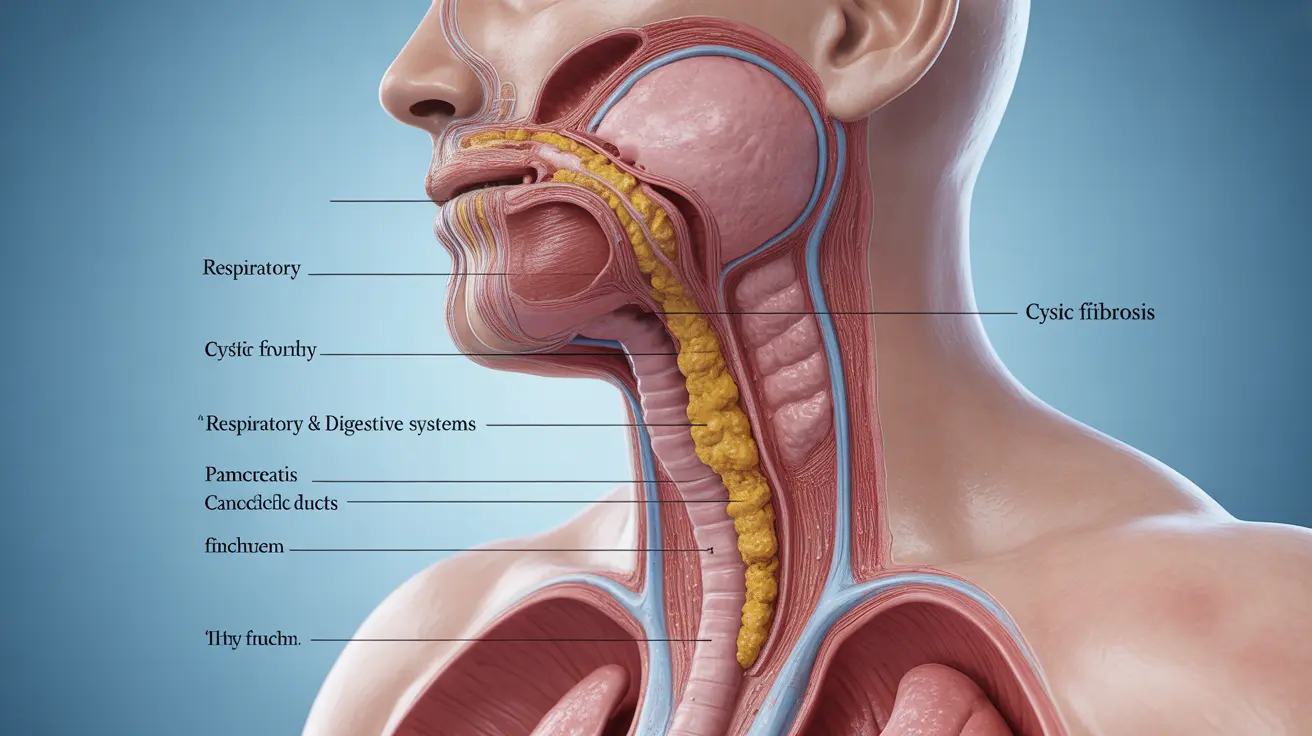Regular physical activity plays a crucial role in maintaining overall health, and emerging research shows it has specific benefits for kidney function. Understanding how exercise impacts kidney health can help motivate individuals to incorporate regular physical activity into their daily routines and potentially reduce their risk of developing chronic kidney disease.
From improving blood flow to reducing inflammation, exercise offers multiple pathways to support kidney health. Let's explore the relationship between physical activity and kidney function, along with practical recommendations for maintaining healthy kidneys through exercise.
How Exercise Benefits Kidney Function
Physical activity provides several direct and indirect benefits to kidney health. Regular exercise helps maintain healthy blood pressure levels, which reduces stress on the kidneys. It also improves circulation throughout the body, ensuring the kidneys receive adequate blood flow to perform their filtering functions effectively.
Exercise also helps control blood sugar levels and reduce inflammation, two factors that significantly impact kidney health. By maintaining a healthy weight through regular physical activity, individuals can reduce their risk of conditions like diabetes and obesity that often contribute to kidney problems.
Recommended Exercise Types for Kidney Health
Aerobic Activities
Cardiovascular exercises are particularly beneficial for kidney function. Activities such as walking, swimming, cycling, and light jogging help improve blood circulation and support overall kidney health. Aim for at least 150 minutes of moderate-intensity aerobic activity per week, spread across multiple sessions.
Strength Training
Incorporating resistance exercises helps maintain muscle mass and improve overall metabolism. Include strength training exercises 2-3 times per week, focusing on major muscle groups. This can help control blood sugar levels and support healthy kidney function.
Flexibility and Balance Exercises
Activities like yoga and stretching can complement your exercise routine, improving overall fitness while reducing stress levels. These gentle forms of exercise can be particularly beneficial for individuals with existing kidney conditions who need to start slowly.
Exercise Guidelines for People with Kidney Concerns
While exercise is generally beneficial for kidney health, individuals with existing kidney conditions should take certain precautions. Always consult with healthcare providers before starting a new exercise routine, especially if you have kidney disease, diabetes, or high blood pressure.
Start slowly and gradually increase activity levels based on your tolerance and medical guidance. Pay attention to hydration needs and any symptoms that may develop during exercise, such as excessive fatigue or shortness of breath.
Frequently Asked Questions
- How does regular exercise help improve kidney function and reduce chronic kidney disease risk?
Regular exercise improves kidney function by maintaining healthy blood pressure, enhancing circulation, reducing inflammation, and helping control blood sugar levels. These benefits collectively lower the risk of chronic kidney disease and support overall kidney health.
- What types and amounts of exercise are recommended for maintaining healthy kidneys?
A combination of aerobic exercise (150 minutes per week), strength training (2-3 sessions weekly), and flexibility exercises is recommended. Activities should include moderate-intensity cardio like walking or swimming, along with resistance training for major muscle groups.
- Can exercise slow the progression of chronic kidney disease in people with diabetes or obesity?
Yes, regular exercise can help slow kidney disease progression in people with diabetes or obesity by improving blood sugar control, reducing inflammation, and helping maintain a healthy weight. However, exercise programs should be tailored to individual conditions and capabilities.
- Is moderate to vigorous physical activity more beneficial for kidney health than light exercise?
While both intensity levels offer benefits, moderate to vigorous physical activity typically provides greater improvements in cardiovascular health and blood sugar control, which directly benefit kidney function. However, the best exercise intensity depends on individual fitness levels and health status.
- What precautions should individuals with early-stage kidney disease take before starting an exercise routine?
Individuals with early-stage kidney disease should consult their healthcare provider before starting exercise, start gradually, monitor hydration levels carefully, avoid overexertion, and pay attention to any unusual symptoms during activity. Regular medical check-ups are important to ensure exercise remains safe and beneficial.




